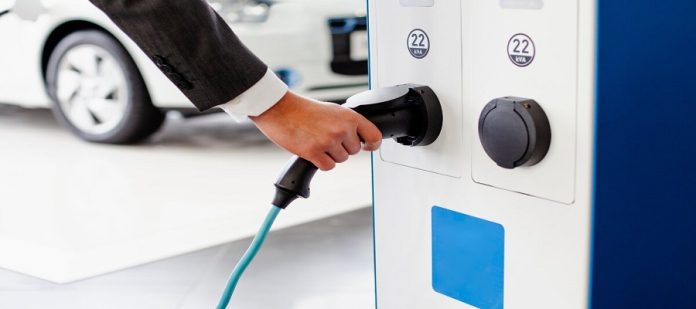Empowering the EV Revolution: The Role of Smart Home Chargers in India’s Growing Electric Vehicle Landscape
In the midst of India’s electric vehicle (EV) revolution, there is a surge in the adoption of futuristic and eco-friendly mobility solutions. Recent reports indicate a substantial increase in EV sales, with 139,000 units sold in October and a notable 1.23 million in the first 10 months of 2023. This surge is attributed to various factors, including the environmental benefits of EVs, their convenience, cost efficiency, and the incorporation of cutting-edge technology. The Indian government’s supportive policies, tax incentives, and initiatives further fuel this growth.
Recognizing the pivotal role of charging infrastructure in enhancing the EV ownership experience, the focus shifts to the significance of home charging. Approximately 80% of EV charging occurs at home, making a reliable and efficient home EV charger crucial for practical and convenient EV ownership. Smart home EV chargers not only offer cost-effectiveness, speed, and user-friendliness but also provide additional advantages such as enhanced control, efficiency, energy savings, and safety.
Achieving Cost Efficiency and Convenience Through Smart Chargers:
Smart home EV charging solutions contribute to financial gains for EV owners by optimizing electricity consumption through features like Time-of-Use tariffs. These tariffs enable users to charge their EVs during periods of reduced electricity demand, lowering electricity bills and contributing to grid stability.
Unlike traditional EV chargers that require significant space and regular maintenance, modern smart home charging solutions are compact, stylish, and easy to install. They enhance the aesthetics of homes while providing accessibility and convenience.
Data-Driven Insights and User-Centric Charging:
Smart EV charging solutions come equipped with data analysis capabilities, offering users insights into charging habits, energy expenditure, and electricity costs. This data-driven approach helps optimize electricity consumption, minimize energy wastage, improve efficiency, and maximize savings.
User-centric features, including quick and efficient charging, real-time monitoring, remote control, and mobile apps, ensure a seamless and convenient charging experience. These features eliminate the need for meticulous planning around charging sessions, providing users with flexibility.
Enabling a Smooth Transition to Electric Mobility:
As the demand for EV chargers in India is projected to grow at a CAGR of 65%, reaching the 3-million-unit mark by 2030, smart home EV charging solutions will play a crucial role in facilitating a smooth transition for potential EV buyers and owners. As charging technologies evolve, these smart chargers will continue to enhance user convenience, contributing to the sustainable and eco-friendly future envisioned for electric vehicles.








